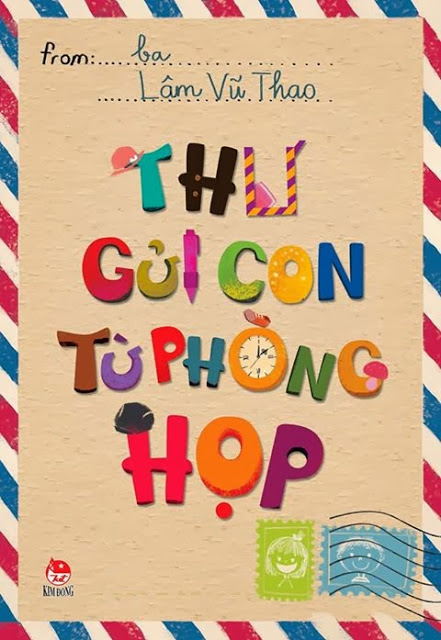 |
WHAT IS THE OPIUM OF THE PEOPLE? For Marx, it was religion—but that was 170 years ago, and now our society is largely secular. What’s our opiate now? Rosie Blau introduces our latest Big Question From INTELLIGENT LIFE magazine, November/December 2013 Karl Marx's celebrated dictum, "religion is the opium of the people", had a quiet genesis. He wrote it in 1843 as a passing remark in the introduction to a book of philosophical criticism he never finished. When he did publish it the following year, it was in an obscure radical journal with a print run of 1,000. It was not until the 1930s, when all things Marxist were in vogue, that the maxim entered the popular lexicon. Yet it still resonates. In many parts of the world organised religion remains the most powerful force in society: more than 4.5 billion people identify with one of the world's four biggest religions, and that figure is rising. In Europe, though, religious faith and expression have collapsed in the past 170 years. It's hard to think of anything that has taken their place—except perhaps, for a while, Marxism itself. Marx was not exactly against religion. For him, faith was something that "the people" conjured for themselves, a source of phoney happiness to which they turned to help numb the pain of reality. It was "the sigh of the oppressed creature". Organised religion with its churches, doctrines and priests followed on from that, a useful tool by which the ruling classes kept the masses supine. Now it may seem elitist, even sneering, to ask what the opium of the people is, what keeps us—or, worse, "them"—down when we could be up, soporific when we should be fighting for a better world. Are we really dim animals, willing ourselves into submission? The question is uncomfortable. Yet there is something in it that speaks to a niggling sense in most of us that were it not for time and energy wasted in some direction—be it a penchant for pints, an obsession with runs, goals or tries, even too long spent at work—then we too might have changed the world, staged a revolution, or even just written that novel. So what do we drug ourselves with today? Society is more diverse than it was in Marx’s time. Our writers reflect that here in their intriguing selection of obsessions that distract us from reality’s dark truths. The list could have been far longer. Though traditional opium smoking has largely died out, its modern form, heroin, remains a minority but far more dangerous and deadening sport. Other drugs now fight for popularity: 180m people worldwide have smoked weed in the past year; Prozac, an anti-depressant that takes the edge off in a rather different way, has had more than 35m users in the past 25 years. The merriment and oblivion of alcohol have been a comfort for millennia—and in Britain and parts of northern Europe people binge more often now than they used to. One billion people still smoke, butts that help to dim the ifs of life for a precious five minutes or so. Myriad alternative religions flourish. Football fans flock to stadiums in rain or snow and spend thousands on season tickets. Celebrity-gossip magazines thrive while other forms of print struggle to survive. Money must be another contender—so many lives are filled with dreams of it, pursuit of it, spending it. It's a faith with many faces: credit cards that let us buy more than we can afford; houses for which we borrow and borrow; lottery tickets that we know make little sense. Perhaps this is Marx's ultimate defeat: is capitalism now the opium of the people? There is also the ever-expanding realm of mass distraction. In 1957 Edward R. Murrow, an American journalist who helped to fell McCarthy, labelled television the opiate of the people, in despair at its passive audience and poor programmes. Americans still watch more than four hours a day, despite being equally addicted to other screens. More than a billion people use Facebook, and mass communication by phone, text and e-mail means we are never alone, always "in touch"—or perhaps, as Marx might see it, forever out of touch with our true selves. One day, Marx argued, man would wake up "as his own true sun". If the world were reordered—through revolution, of course—we would have no need for religion. In fact, our consolations have multiplied in glorious technicolour. If Marx were writing today, that snappy soundbite might be rather more cumbersome. What do you think is the opium of the people? Have your say by voting in our online poll Rosie Blau is associate editor of Intelligent Life and a former books editor of the Financial Times Photograph Magnum/Martin Parr Xì ke là con
cái của chúng ta If a Roman
senator’s opium was his public life, a Viking’s was battle. Our
ancestors have
been addicted to honor, craved virtue and wealth, been hooked on
conquest, on
adventure, and on God. But ours is the first civilization to find its
deepest fulfillment
in its descendants. Our opium is our children. Nếu thuốc
phiện của 1 tay nghị sĩ La Mã, là cuộc sống công cộng, nghị viện, hội
trường, thì của 1 tay Viking, là trận đánh/đánh trận. Thuốc phiện của chúng ta là những đứa con nít của chúng ta! Hà, hà! 
|